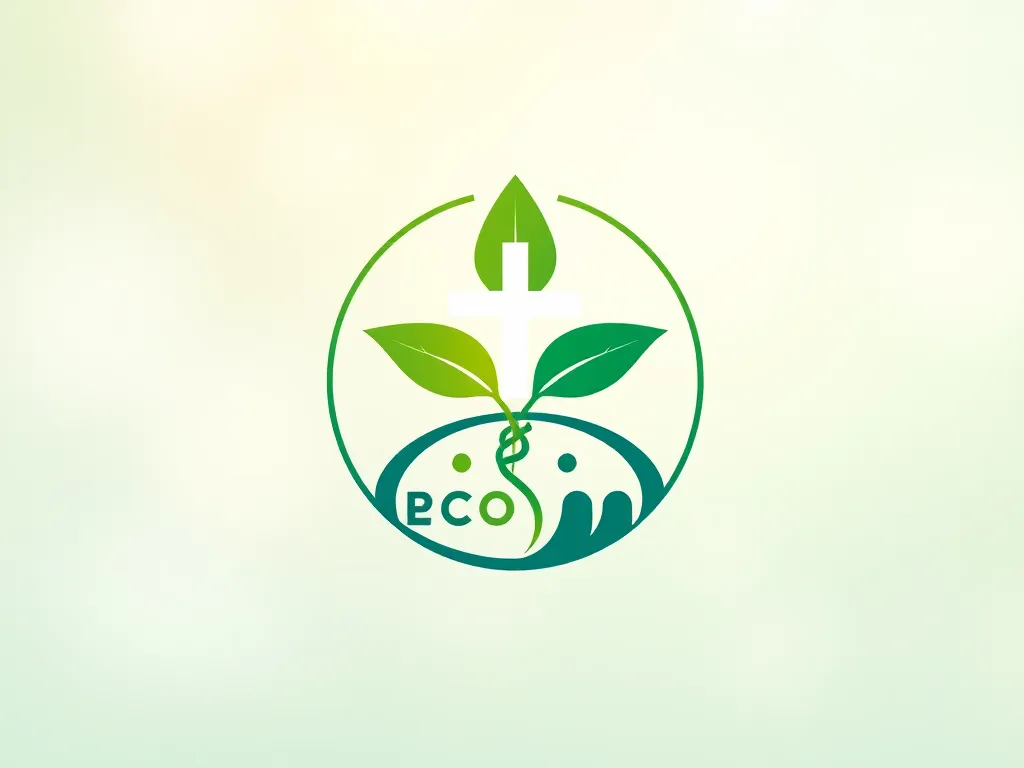Comprehensive Overview of Substance Use Disorders in Society

Understanding and Addressing Substance Use Disorders
Substance Use Disorders (SUD) are a complex condition characterized by an individual’s dependence on or abuse of substances such as alcohol, prescription medications, and illicit drugs. These disorders are pervasive and affect not only the individuals who suffer from them but also their families and society at large.
The impacts of Substance Use Disorders can be profound, leading to severe health complications, social isolation, financial instability, and legal problems. Recognition of SUD as a medical condition is crucial, as it underscores the need for comprehensive treatment and support strategies tailored to the specific needs of the individuals.
SUDs vary significantly in severity, ranging from mild substance use and dependency to severe addiction. This variation necessitates a nuanced understanding of their manifestations and encourages evidence-based treatment options that can be effective in promoting recovery and reducing the negative consequences of these disorders.
The stigma surrounding Substance Use Disorders often hampers individuals from seeking help. However, with an increased awareness and willingness to talk about these issues openly, it is possible to foster an environment conducive to recovery and understanding.
In recent years, there has been a growing recognition of the multifaceted nature of Substance Use Disorders, which highlights the importance of holistic approaches to treatment that encompass psychological, physical, and social dimensions.
Understanding Substance Use Disorders
Substance Use Disorders are categorized into different types, including alcohol use disorder, opioid use disorder, and stimulant use disorder. Each type is characterized by a specific set of symptoms and challenges that affect individuals in unique ways. Understanding the nuances between these categories can aid in the diagnosis and treatment planning processes.
Common symptoms and signs of Substance Use Disorders include a strong desire to use the substance, difficulty controlling its use, neglecting responsibilities due to substance use, and experiencing withdrawal symptoms when not using the substance. Recognizing these signs early can be essential for timely intervention.
Understanding the complexities of Substance Use Disorder is crucial for effective treatment and support.
Statistics indicate that millions of people suffer from Substance Use Disorders worldwide. According to the World Health Organization, approximately 35 million people globally suffered from drug use disorders in 2020, with alcohol remaining the most widely used and misused substance. These figures emphasize the urgent need for effective treatment and preventive measures.
Causes of Substance Use Disorders
Genetic factors play a significant role in the risk of developing Substance Use Disorders. Research suggests that genetics can influence the way the brain reacts to substances, which may affect an individual’s likelihood of addiction. Family history can also be a significant indicator of risk.
Environmental triggers such as peer pressure, trauma, and socio-economic status can increase the chance of developing a Substance Use Disorder. These external factors can create pathways to substance use and complicate an individual's ability to seek help.
Psychological aspects, including mental health disorders such as depression, anxiety, or PTSD, often contribute to Substance Use Disorders. Individuals may resort to substances as a coping mechanism, which can exacerbate their overall mental health condition, creating a vicious cycle of substance dependency.
Treatment Approaches for Substance Use Disorders
Detoxification is often the first step in the treatment of Substance Use Disorders. This process involves the safe removal of the substance from the body while managing withdrawal symptoms. Medical supervision during detox is crucial to ensure safety and comfort for the individual undergoing the process.
Therapeutic models such as Cognitive Behavioral Therapy (CBT) and Dialectical Behavior Therapy (DBT) have shown effectiveness in treating SUDs. These therapeutic modalities aim to modify harmful behaviors and develop coping strategies to prevent relapse.
Medications play a pivotal role in treating Substance Use Disorders, especially for opioid and alcohol dependence. Medications such as methadone, buprenorphine, and naltrexone can alleviate withdrawal symptoms and reduce cravings, allowing for a more stable recovery process.
Support Systems and Recovery
Support groups, such as Alcoholics Anonymous (AA) and Narcotics Anonymous (NA), provide crucial peer support for individuals in recovery. These groups facilitate shared experiences and collective encouragement, helping individuals to remain committed to their sobriety.
Family involvement is vital in the recovery process, as a supportive home environment can significantly affect an individual's journey to recovery. Family therapy can help address underlying issues and improve communication among family members.
Continuous care and relapse prevention strategies are essential for maintaining long-term recovery from Substance Use Disorders. Ongoing counseling, support group participation, and community resources can be valuable tools for individuals seeking to stay sober.
Impact of Substance Use Disorders on Society
The economic costs of Substance Use Disorders are staggering, encompassing healthcare expenses, lost productivity, and criminal justice costs. It is estimated that substance misuse leads to billions of dollars in economic losses each year, highlighting the need for effective prevention and treatment strategies.
The effects of Substance Use Disorders extend to families and communities, contributing to familial strain, increased rates of domestic violence, and overall community deterioration. Addressing these disorders is thus not only a personal responsibility but also a community concern.
Public health implications of Substance Use Disorders call for comprehensive policies that encompass prevention, treatment, and recovery support. Educating the public about the nature and consequences of SUDs can lead to reduced stigma and improved societal responses to those affected.
